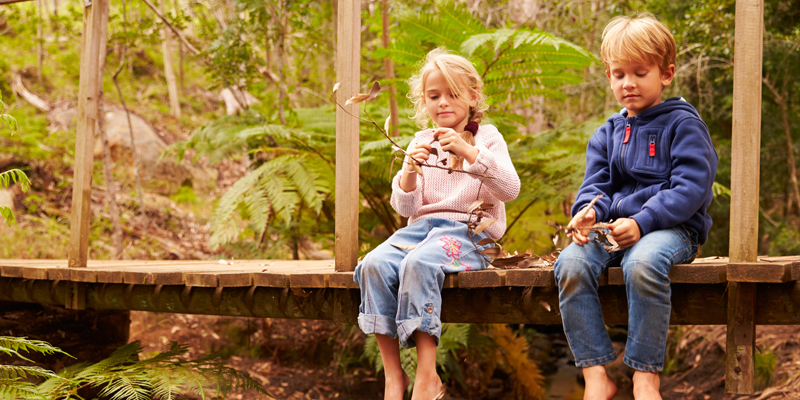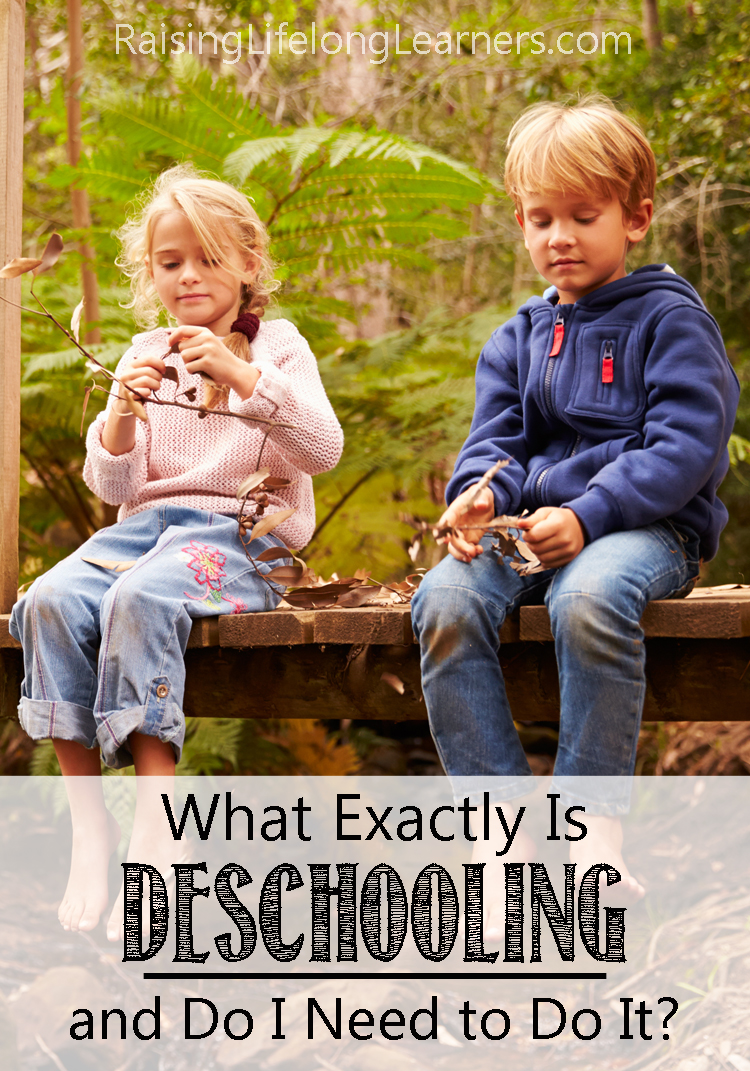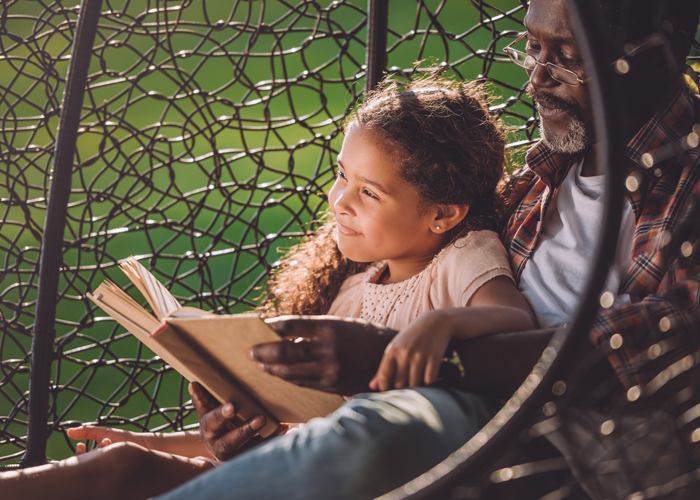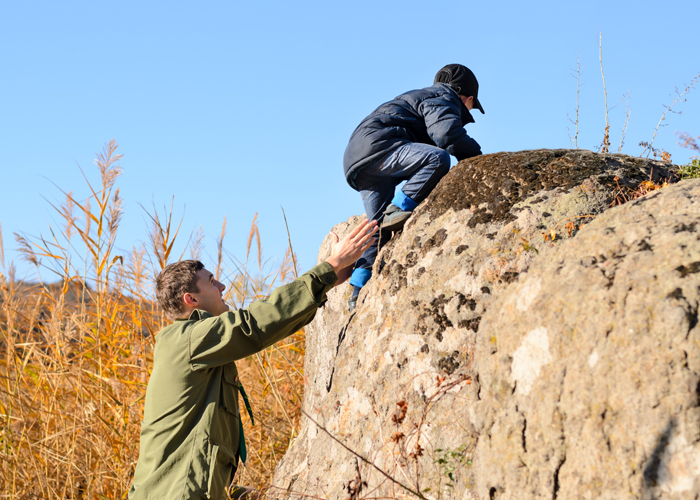What Exactly is Deschooling.. and Do I Need to Do It?
I haven’t always homeschooled. In fact, I spent a decade and a half working in the public school system and never even considered homeschooling. My brilliant son handled any school work that was handed to him, so I assumed that school would be a breeze for him – until it wasn’t.
We’re accidental homeschoolers, forged in the fires of failed public school attempts, and absolutely thriving now. It’s taken time and trials to get us into the rhythm we have now – lots of time and lots of trials. Over the years we’ve been able to fine-tune each kiddo’s education for their specific needs in a way the schools were just unable to. We are in the homeschooling zone.
First, though, we had to deschool.
Deschooling is one of those words you spot often enough in homeschooling groups that you know it’s real, but you’re not always sure what exactly it is. Deschooling is, in its simplest form, recovering from public school.
It serves many purposes, both for the homeschooling parent and the child, but the main idea is that when you choose to remove your children from traditional schooling environments and bring them home for their learning, there’s a period of adjustment and healing that must take place before you can truly spread your wings as homeschoolers.
This is deschooling – a break of sorts between leaving traditional school and beginning homeschool.
Deschooling isn’t a vacation or a free-for-all. It’s not a time to lounge in your pajamas and play video games all day – well, maybe just a little. Deschooling isn’t a break from learning, its a break from what you’ve always done as you ease into what you’re about to do.
Deschooling is an important process for new homeschooling parents to go through. If you find yourself unexpectedly homeschooling, as we did, there will be a grieving period, an adjustment period, and you will be bombarded with resources, methods, curriculum choices, and more. You’ll find yourself suddenly responsible for a lot more than you ever expected, and if you’re not careful you can get swept away.
Deschooling gives you a chance to find your footing.
It gives you permission to let go of how you’ve always thought learning had to be and explore new, unexpected, and outside-the-box ways of learning. When all you’ve known – and expected – of education has been a desk in a classroom and you find yourself suddenly seated at your kitchen table with an eager child, the temptation is great to try and re-create the school experience at home.
In my oldest son’s case, public school had begun to cause him damage, emotionally and mentally. As a differently-wired kiddo, an extreme thinker, and asynchronous learner, the last thing he needed was to reproduce the same environment and the same ways of learning. He needed the freedom to explore, to follow his interests, to discover all the different ways he could learn from all the different resources that exist beyond textbooks. He needed a break, he needed permission to be himself… and deschooling was just that.
Related: Why It Stinks to be Gifted in Schools Today , The Ultimate Guide to Homeschooling Gifted Children
So many times I hear from new homeschooling families who struggle right off the bat. They withdraw their student on Friday and on Monday their child wakes up to worksheets. There’s a fear of educational holes, of falling behind, even a feeling that you have to keep the same momentum going. Fear drives parents to jump into the homeschooling deep-end, and the result is almost always a shock to the system.
After years of bells and schedules and rows and lines, you and your kiddo need time to re-set your bodies, to free yourselves from the idea that learning has to begin promptly at 8am and cease at 3 in the afternoon.
Learning is not like crossing monkey bars, where you have to quickly swing into the next level or subject before you lose your forward motion.
It’s a lifestyle that has ebb and flow, and deschooling allows for this ebb.
We didn’t spend all day on the couch, but my son and I did find ways to learn at any time and in ways that didn’t require me standing in front of a chalkboard. Just a few of the ways we kept learning while deschooling included (Want more ideas? Read on — you’ll find a printable with 50 ideas to get you through your deschooling period and beyond!):
- visiting museums
- watching documentaries
- playing with maker kits, STEM subscription boxes, or good old building toys
- reading books together
- exploring the great outdoors
- trips to the library
- creating in Minecraft
- gameschooling
- learning new computer programs
- taking apart thrift store electronics
- music lessons
- following all the rabbit trails that popped up
- having great, in-depth conversations
By sharing these activities I was able to see, first-hand, just how much learning can happen in non-traditional ways, and it ended up shaping our entire homeschool philosophy, one that we still stick to today. Instead of fighting to make school happen at home, we were able to truly explore and discover for ourselves what worked best for him.
Related: Why Delight-Directed Homeschooling and Your Gifted Child
The time during deschooling is a great time to learn more about what makes your kiddo tick, what excites them, and to strengthen your connection as you both begin a new journey. It’s an opportunity to build a foundation before you add a stack of curriculum. But just how long is this honeymoon phase supposed to last?
Well, that depends.
The typical period of deschooling is often determined by allotting one month of deschooling for every year spent in school. I know, that sounds like a lot. But remember that during this time you’re re-programming the way you see school, and your reaction is most likely due to the belief that school has to take place 5 days a week between the months of September and May.
It doesn’t.
You’re not bound by the school district’s calendar and schedule, and keep in mind how much time in a classroom is wasted on standardized test prep, review, calming rowdy classes, and transition time in the hallways.
Your child isn’t missing as much as you think.
Trevor, my oldest son, took a year to deschool. Mind you, he was still learning during this time, but we did no structured curriculum. A friend of mine who pulled her son from school at around the same age, however, only took two weeks before he was begging to be given a graded test.
There is no tried-and-true formula for deschooling, just as there is no one way to homeschool.
The important thing is to listen to your child, to respond to their needs, to ease into this homeschooling thing as slowly – or quickly – as you both need to. And depending on the homeschooling method that you choose, deschooling isn’t something that technically ever has to end – it simply becomes a lifestyle of embracing learning opportunities however they present themselves.
If you are new to homeschooling or are about to embark on the rewarding journey that is home education, do yourself a favor and leave some room for deschooling.
You need it.
Your homeschool will be better off for it.
Allow yourself the time to change your mind about learning and what you think it has to look like.
Your child has the rest of their life to learn, but the time to rest and discover is rare and fleeting, so take it, protect it, and enjoy it.
More posts about differently-wired kiddos:
It Stinks to Be GiftedBlog Hop: Deschooling100 Quirks About Famous Gifted PeopleAnxiety in ChildrenGiftedness DisguisedDifferentiating at HomePodcast: Homeschooling “Fringy” Kids with Heather BoormanPodcast: Overcoming Perfectionism and Finding joy in HomeschoolingPodcast: Self-Directed Homeschooling High School with Trevor Kessler




